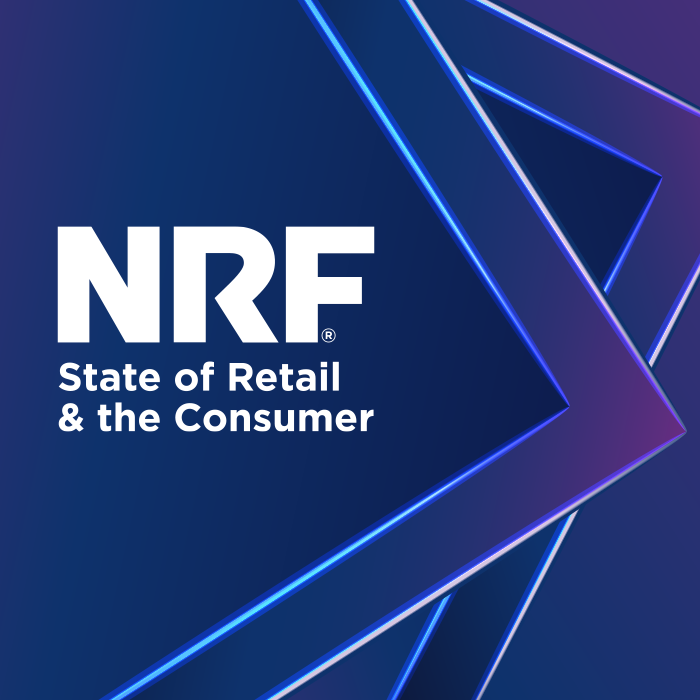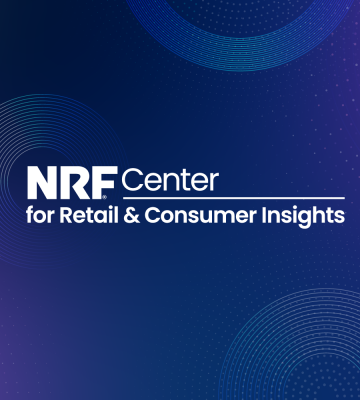How retailers can avoid greenwashing and greenmuting
)
Surveys show consumers are seeking more sustainable products and services and retailers are determined to provide them. The challenge for both retailers and consumers is that everyone has slightly different criteria for determining which products are more sustainable.
More sustainable than what? More sustainable than traditional alternatives? More sustainable than buying nothing? More sustainable based on a full life-cycle assessment that examines every aspect of the raw materials, manufacturing processes, packaging, delivery, use and disposal phases for the product and its alternatives?
Are incremental steps that improve a product’s sustainability profile sufficient to be considered more sustainable or does the product need to be “perfect?” Will consumers pay for “perfectly” sustainable products?
Compounding the challenge is that different companies use different messaging to communicate sustainability offerings, for a variety of reasons.
What is greenwashing?
If consumers feel a company has overstated the sustainability benefits of a product or service, it can lead to greenwashing accusations.
Greenwashing, as defined in the “Sins of Greenwashing” report, is the act of misleading consumers about the environmental practices of a company or the environmental benefits of a product or service. In many cases, however, greenwashing has come to mean “your definition of ‘more sustainable’ does not meet my definition of ‘more sustainable.’”
What is greenmuting?
Fearing greenwashing complaints, some companies remain silent about their sustainability efforts — a practice known as “greenmuting” or “greenhushing.” These companies are making it more difficult for consumers to find more sustainable products because consumers lack the details they need to make informed choices.
Both greenwashing and greenhushing are problematic because they make it more difficult for consumers to find the kinds of products they are seeking.
Best practices for sustainability messaging
The U.S. Federal Trade Commission and the European Union are currently exploring ways to reduce misunderstanding around sustainability claims. Unless they make radical changes to their fundamental frameworks, the same basic common-sense best practices will continue to guide anyone marketing more sustainable products:
Make specific, accurate claims: Avoid broad claims that a product is more sustainable without specific, accurate claims explaining what makes the product more sustainable.
An accurate claim that a product contains 10% recycled content, for example, is useful information for consumers seeking to buy more sustainable products. Consumers can determine whether the claim meets their own personal sustainability criteria.
Provide proof: When making environmental claims, make proof available to consumers. Such proof can include independent, third-party certifications, descriptions of audit protocols, copies of audit reports or other information available online or through a QR code.
Some companies might choose to share additional context to help consumers make even more informed choices. Companies like Patagonia acknowledge that sustainability is a journey and that no product is perfectly sustainable — Patagonia explains how it is seeking to improve the environmental and social performance of its operations.
Other retailers share information about their own sustainability journeys, including efforts to reduce their contributions to climate change by eliminating their carbon emissions, helping consumers understand the carbon footprint of retail products, and transitioning toward a “circular economy” by making resale retail easier and more prevalent.
Find the right approach
Surveys show that different generations of consumers have different sustainability priorities and that they do not all equally understand the same sustainability terms. They also show that consumers want more sustainability information.
Retailers and their suppliers are striving to provide the needed information. They are trying to sell more sustainable products to all consumers, which means they need the flexibility to talk about sustainability differently with different groups of consumers.
If the FTC or EU inappropriately limits the ways companies talk about sustainability or discourages them from talking about it at all, it will make the consumer-driven transition to a more sustainable economy even more difficult. The best way to avoid greenwashing and greenhushing is to encourage accurate, specific and flexible sustainability messaging approaches.





